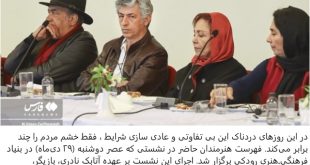According to the ninth-century Arab geographer and historian Yaqubi, author of The Book of Countries, its trade-friendly position on the Tigris close to the Euphrates gave it the potential to be “the crossroads of the universe”. This was a retrospective endorsement. By the time Yaqubi was writing, Baghdad, City of Peace, had already become the centre of the world, capital of the pre-eminent Dar al-Islam, home to pioneering scientists, astronomers, poets, mathematicians, musicians, historians, legalists and philosophers.
The monarchy relied on a constitutional framework with a parliament, but real power often resided with the king and his advisors, many influenced by British officials. Oil concessions signed with British companies provided revenue but also created resentment among Iraqis who felt exploited. Cities like Baghdad and Basra began modernizing, with schools, universities, and infrastructure expanding, while rural areas remained largely underdeveloped. Despite modernization, political instability was common, with recurring protests, nationalist movements, and discontent over social inequality and foreign influence.


